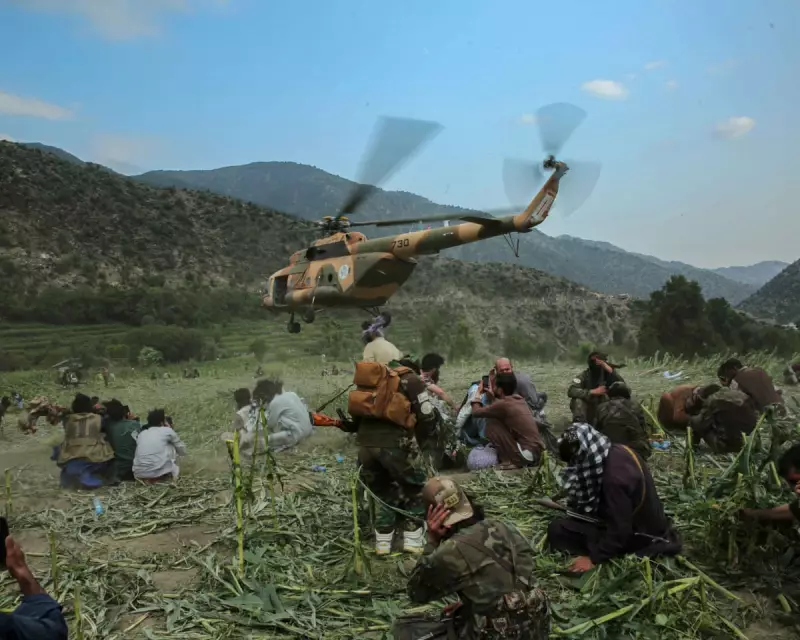
A catastrophic earthquake has plunged Afghanistan into a profound humanitarian crisis, with the death toll from the powerful tremor soaring to over 900 people. The Taliban administration, facing one of its gravest challenges since seizing power, has issued a rare and urgent appeal for international assistance.
The 6.1 magnitude quake struck eastern Afghanistan, devastating remote villages and overwhelming the country's already fragile infrastructure. Rescue teams are battling against time and difficult terrain to reach survivors buried beneath the rubble of collapsed homes.
A Desperate Plea for Help
In a significant move, the Taliban government has formally requested aid from the international community. This appeal highlights the sheer scale of the disaster, which has stretched the regime's limited resources to breaking point. The call for help presents a complex dilemma for Western nations, which have largely frozen aid and cut diplomatic ties since the Taliban takeover.
Rescue Efforts Hampered by Challenges
Emergency response operations face enormous obstacles. The affected regions are characterised by poor road networks and mountainous terrain, severely hampering access for rescue teams and aid delivery. Many villages remain completely cut off, with fears the death toll could rise further as contact is established.
Local hospitals, already struggling from years of conflict and underinvestment, have been completely overwhelmed by the influx of casualties. Medical supplies are running critically low, and staff are treating patients in makeshift facilities.
International Response and Complications
The international community is now facing difficult questions about how to respond to the Taliban's aid request. Several humanitarian organisations have already begun mobilising resources, but large-scale government aid remains complicated by sanctions and political considerations.
This tragedy represents one of the deadliest earthquakes to hit Afghanistan in recent decades, exposing the country's extreme vulnerability to natural disasters following years of war and economic collapse. The coming days will be critical for rescue efforts, with humanitarian needs expected to grow exponentially as the full extent of the damage becomes clear.





